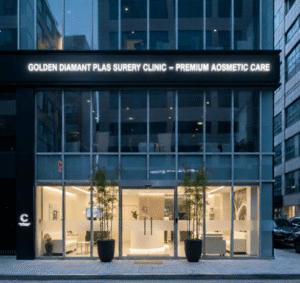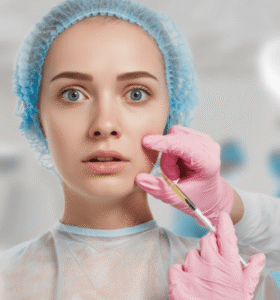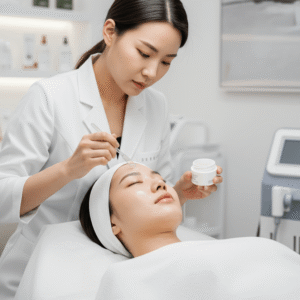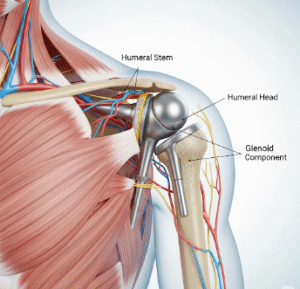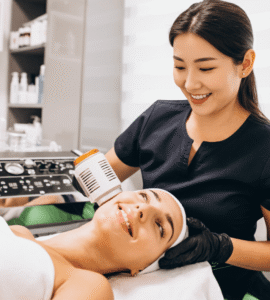Overview
Synthetic drug overdose is an escalating public health issue in South Korea, particularly with the rising use of synthetic cannabinoids, synthetic opioids, and amphetamine-type stimulants. These drugs are often more potent than their natural counterparts, leading to severe health consequences, including respiratory failure, seizures, coma, and death.
What is Synthetic Drug Overdose?
A synthetic drug overdose occurs when a person consumes a toxic amount of a man-made (laboratory-produced) drug, overwhelming the body’s systems. These drugs mimic the effects of natural substances like cannabis, opioids, or stimulants, but often with unpredictable or intensified effects. Overdose can be intentional (misuse) or accidental (uncertain potency or contamination).
Common synthetic drugs involved in overdose include:
- Synthetic cannabinoids (e.g., “Zombie Drug,” “K2,” “Spice”)
- Synthetic opioids (e.g., fentanyl, U-47700)
- Synthetic cathinones (“bath salts”)
- Methamphetamine variants
- Designer benzodiazepines
Symptoms
Symptoms vary depending on the substance but may include:
Synthetic Cannabinoids Overdose:
- Confusion or hallucinations
- Agitation or psychosis
- Increased heart rate and blood pressure
- Seizures
- Vomiting or chest pain
Synthetic Opioids Overdose:
- Slowed or stopped breathing
- Pinpoint pupils
- Unresponsiveness
- Blue lips or fingertips (cyanosis)
- Death if untreated quickly
Synthetic Stimulants Overdose:
- Extreme anxiety or paranoia
- Rapid heartbeat
- High body temperature
- Seizures
- Violent behavior
Causes
Synthetic drug overdoses in Korea can be caused by:
- High potency of synthetic compounds
- Lack of quality control or labeling (unknown dosage)
- Drug mixing (e.g., with alcohol or other stimulants/depressants)
- Contaminants or adulterants in street drugs
- Intentional misuse, especially among youth or club-goers
Risk Factors
- Teenagers and young adults
- People with a history of substance abuse
- Individuals seeking recreational highs or performance enhancement
- Access to drugs through online markets
- Peer pressure and social experimentation
- Lack of awareness about the dangers of synthetic drugs
Complications
- Respiratory arrest (especially with synthetic opioids)
- Seizures and brain damage
- Cardiac arrest
- Liver or kidney failure
- Psychological disorders (psychosis, paranoia, suicidal behavior)
- Death
Prevention
- Public education about the risks of synthetic drug use
- Stronger regulation and control of online drug sales
- School-based awareness programs
- Community-level addiction counseling
- Avoiding drug use in unknown environments or from untrusted sources
Treatment Options in Korea
South Korea has advanced medical facilities and a growing emphasis on drug rehabilitation and emergency overdose care.
Emergency Care
- Emergency departments in major hospitals (e.g., Severance, Samsung Medical Center, SNU Hospital) can provide immediate treatment such as:
- Naloxone for opioid overdose
- Sedation and seizure control medications
- Mechanical ventilation for respiratory support
- Activated charcoal or gastric lavage (in some cases)
Detox and Rehabilitation
- Inpatient and outpatient detox programs are available for those with addiction.
- Mental health counseling and psychiatric support play a crucial role.
- Multidisciplinary addiction centers in Korea provide long-term care, including relapse prevention.
Government and Legal Initiatives
- The Korean Ministry of Food and Drug Safety (MFDS) classifies and controls synthetic drugs under the Narcotics Control Act.
- South Korea has been increasing efforts to crack down on synthetic drug trafficking, especially through international mail and darknet markets.
- Hotlines and anonymous support services are being promoted to prevent youth drug use.






